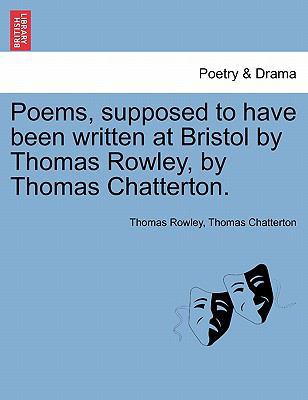All Formats & Editions
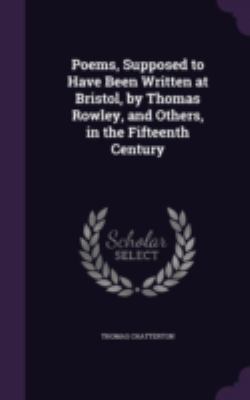
Poems, Supposed to Have Been Written at Bristol...
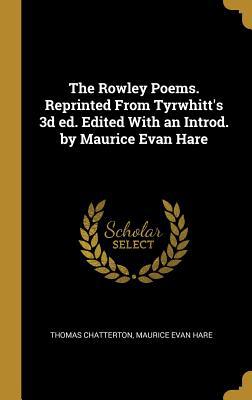
The Rowley Poems. Reprinted From Tyrwhitt's 3d ...
This work has been selected by scholars as being culturally important, and is part of the knowledge base of civilization as we know it. This work was reproduced from the original artifact, and remains as true to the original work as possible. Therefore, you will see the original...
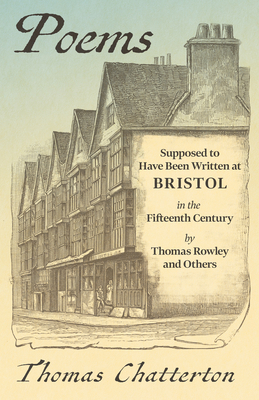
Poems: Supposed to Have Been Written at Bristol...
In 1763, an 11-year-old boy named Thomas Chatterton began publishing mature works of poetry. Before long, he was fooling the literary world by passing his work off as that of a non-existent 15th-century poet named Thomas Rowley--which he did until unmasked by Horace Walpole...

Poems, Supposed to Have Been Written at Bristol...
This work has been selected by scholars as being culturally important, and is part of the knowledge base of civilization as we know it. This work was reproduced from the original artifact, and remains as true to the original work as possible. Therefore, you will see the original...
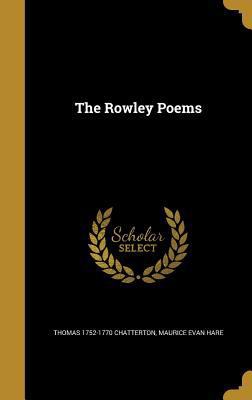
The Rowley Poems
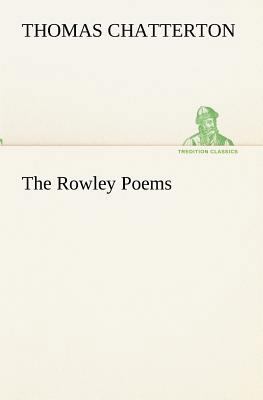
The Rowley Poems
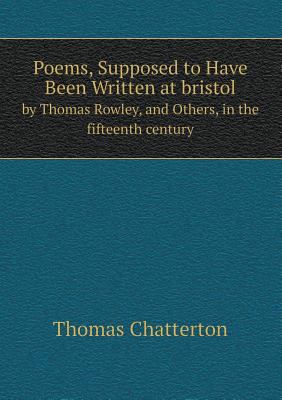
Poems, Supposed to Have Been Written at bristol...
This book, "Poems, Supposed to Have Been Written at bristol by Thomas Rowley, and Others, in the fifteenth century", by Thomas Chatterton, is a replication of a book originally published before 1794. It has been restored by human beings, page by page, so that you may enjoy it...
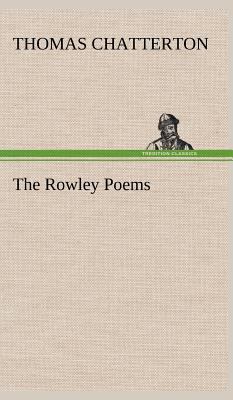
The Rowley Poems

Poems, Supposed to Have Been Written at Bristol...
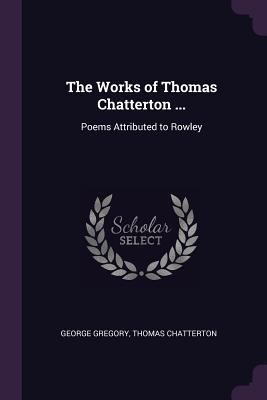
The Works of Thomas Chatterton ...: Poems Attri...

The Rowley Poems
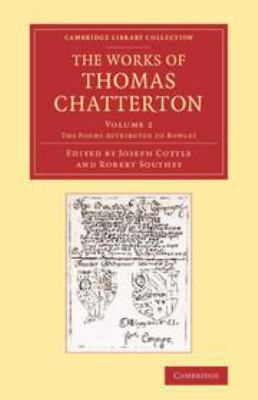
The Works of Thomas Chatterton: Volume 2, the P...

The Rowley Poems. Reprinted From Tyrwhitt's 3d ...

Poems Supposed to Have Been Written at Bristol
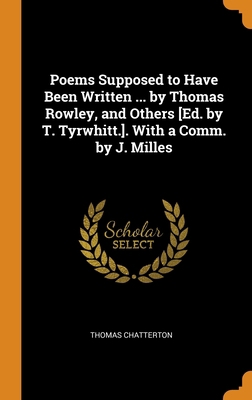
Poems Supposed to Have Been Written ... by Thom...

The Rowley Poems
This work has been selected by scholars as being culturally important, and is part of the knowledge base of civilization as we know it. This work is in the "public domain in the United States of America, and possibly other nations. Within the United States, you may freely...
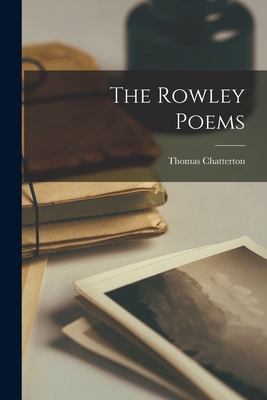
The Rowley Poems
This work has been selected by scholars as being culturally important, and is part of the knowledge base of civilization as we know it. This work is in the "public domain in the United States of America, and possibly other nations. Within the United States, you may freely...
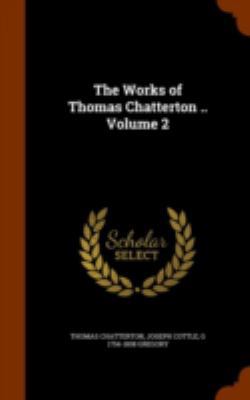
The Works of Thomas Chatterton .. Volume 2
This work has been selected by scholars as being culturally important, and is part of the knowledge base of civilization as we know it. This work was reproduced from the original artifact, and remains as true to the original work as possible. Therefore, you will see the original...
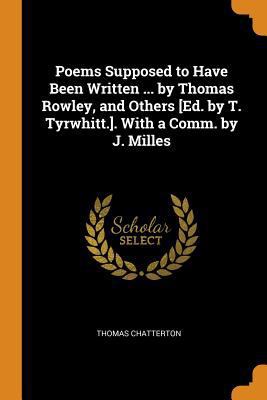
Poems Supposed to Have Been Written ... by Thom...
This work has been selected by scholars as being culturally important and is part of the knowledge base of civilization as we know it. This work is in the public domain in the United States of America, and possibly other nations. Within the United States, you may freely...
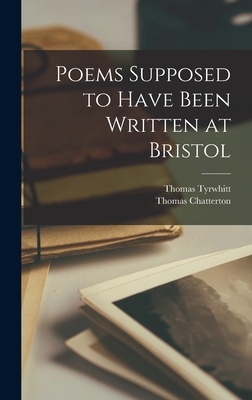
Poems Supposed to Have Been Written at Bristol
This work has been selected by scholars as being culturally important, and is part of the knowledge base of civilization as we know it. This work is in the "public domain in the United States of America, and possibly other nations. Within the United States, you may freely...

The Complete Poetical Works Of Thomas Chatterto...
This work has been selected by scholars as being culturally important, and is part of the knowledge base of civilization as we know it. This work was reproduced from the original artifact, and remains as true to the original work as possible. Therefore, you will see the original...
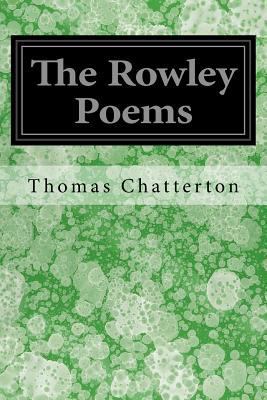
The Rowley Poems
This collection of literature attempts to compile many of the classic works that have stood the test of time and offer them at a reduced, affordable price, in an attractive volume so that everyone can enjoy them.
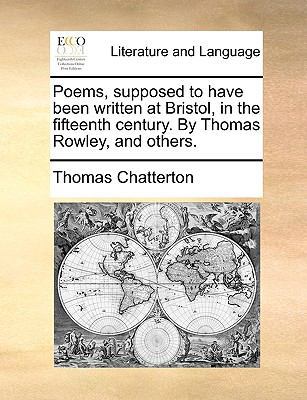
Poems, Supposed to Have Been Written at Bristol...
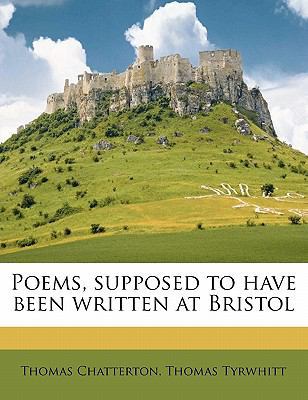
Poems, Supposed to Have Been Written at Bristol
